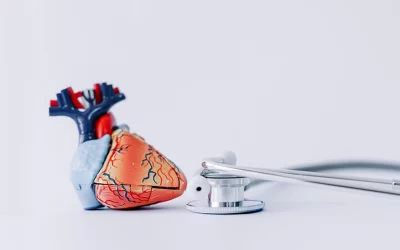Vitamin D and dental health Vitamin D has an important role in dental health as it helps in preventing tooth decay and gum diseases, also it is attributed to teeth formation by maintaining calcium levels that are essential in building healthy teeth. How does Vitamin D...

The Importance of Vitamin D for Dental Health
Vitamin D and dental health
Vitamin D has an important role in dental health as it helps in preventing tooth decay and gum diseases, also it is attributed to teeth formation by maintaining calcium levels that are essential in building healthy teeth.
How does Vitamin D affect dental health?
Vitamin D promotes dental health as it aids in calcium absorption from the digestive system, and it helps in creating the bony structure that makes up tooth enamel! As some studies have proved that sufficient vitamin D decreases the incidence of:
Tooth decay: Tooth decay is one of the most common dental conditions in kids. Vitamin D can help decrease its incidence by enhancing the absorption of calcium and phosphorus that are responsible for tooth mineralization. Also, Vitamin D strengthens teeth and makes them less vulnerable to fractures and cavities.
Gum diseases: as vitamin D is linked to the immune system when it’s sufficient in our bodies, it protects your teeth from inflammation and enhances tooth mineralization. In addition, some studies have shown that gingivitis may be a sign of vitamin D deficiency.
Fractures and cracks: Vitamin D maintains dental health by helping in the formation of dentin and enamel.
Level up your vitamin D
You can follow a healthy and simple lifestyle that ensures keeping vitamin D levels normal and sufficient by:
– Exposure to sunlight, 30 minutes of natural sunlight per day is a great source of vitamin D.
– Eat foods rich in vitamin D, it is crucial to have one to two servings of vitamin D like fatty fish, eggs, butter, and cheese.
– Take a maintenance dose of vitamin D supplements.
Vitamin D deficiency impacts dental health and helps in developing a strong jawbone, and may exacerbate a condition called “osteomalacia” which can cause tooth loss and weaken the jawbone. Additionally, vitamin D plays a role in the immune system and helps fight off infections in the body, including those that affect the mouth. A deficiency in vitamin D can make a person more susceptible to oral infections.
Additionally, Kids who have vitamin D deficiency or insufficiency, have a higher risk of developing dental problems, that’s why you have to make sure to give them an adequate amount of vitamin D to lower the risk of gum diseases and tooth decay.
Read More Articles:
The Importance of Vitamin D for Dental Health
Vitamin D & Cholesterol
To clearly understand the relationship between vitamin D and Cholesterol, we need to justify what cholesterol is and what are its types.Cholesterol is formed in our bodies from the liver and we can also get it from food resources. Your body needs a cholesterol...
Muscles Weakness in Children
Muscles Weakness in Children Muscles weakness in children is one of the most common problems in our society, causing muscle pain, fatigue and tiredness, feeling of heaviness in the legs, and difficulty in climbing stairs and it is a result of vitamin D deficiency in...

















